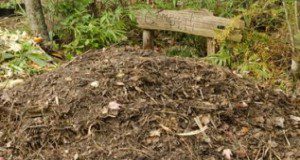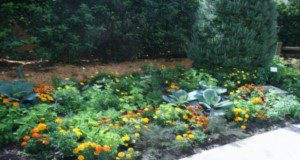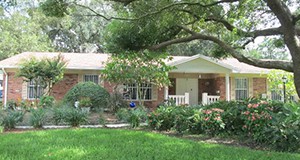This new 7-page publication of the UF/IFAS Environmental Horticulture Department is intended to educate homeowners on environmentally friendly ways to enhance soil fertility for vegetables, herbs, and fruits in the home landscape. It discusses strategies for recycling nutrients in place or via composting systems to create productive edible landscapes with less waste. Adopting these methods into your landscape maintenance routine will build organic matter and add nutrients to the soil naturally. Written by Terra Freeman, Tiare Silvasy, Lynn Barber, Tom Wichman, Esen Momol, Tina McIntyre, Jacqlyn Rivas, and Jen Marvin.
https://edis.ifas.ufl.edu/ep599
Tag: Florida-Friendly Landscaping Program
Edible Landscaping Using the Nine Florida-Friendly LandscapingTM Principles
Maintaining edible landscapes in a way that protects the environment is an important concern for protecting Florida’s water quality. The objective of this new 7-page publication is to introduce the framework of the Florida-Friendly Landscaping™ principles and apply the principles to guide decisions about Best Management Practices (BMPs) for care of edible landscapes. Written by Tiare Silvasy, Lynn Barber, Esen Momol, Tina McIntyre, Tom Wichman, Gail Hansen, Jen Marvin, Terra Freeman, Joseph Sewards, Wendy Wilber, and Jacqlyn Rivas.
https://edis.ifas.ufl.edu/ep594
Florida-Friendly Landscaping Guidelines for Community Associations: Considerations for Selecting a Landscape Contractor and Writing an Effective Landscaping Contract
Florida-Friendly Landscaping protects Florida’s unique natural resources by conserving water, reducing waste and pollution, creating wildlife habitat, and preventing erosion. This 12-page document will help the reader with selecting and writing a landscape contract that follows Florida-Friendly Landscaping principles. Written by Adam Dale, Claire Lewis, Esen Momol, Don Rainey, John Bossart, C. J. Bain, Jen Marvin, Lynn Barber, Norman Leppla, Gary Knox, and Thomas T. Ankerson and published by the UF/IFAS Environmental Horticulture Department, June 2018.
http://edis.ifas.ufl.edu/ep347


